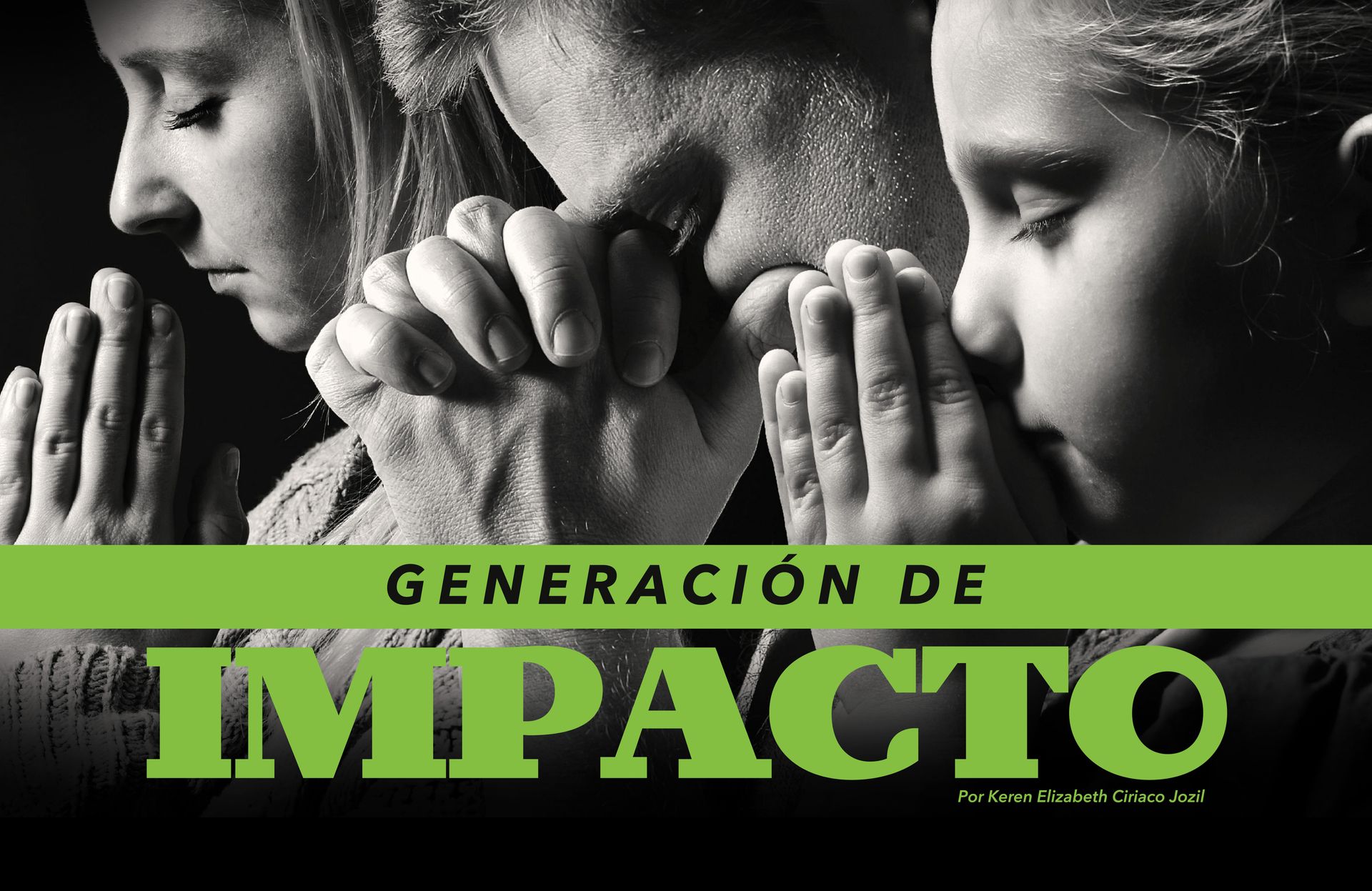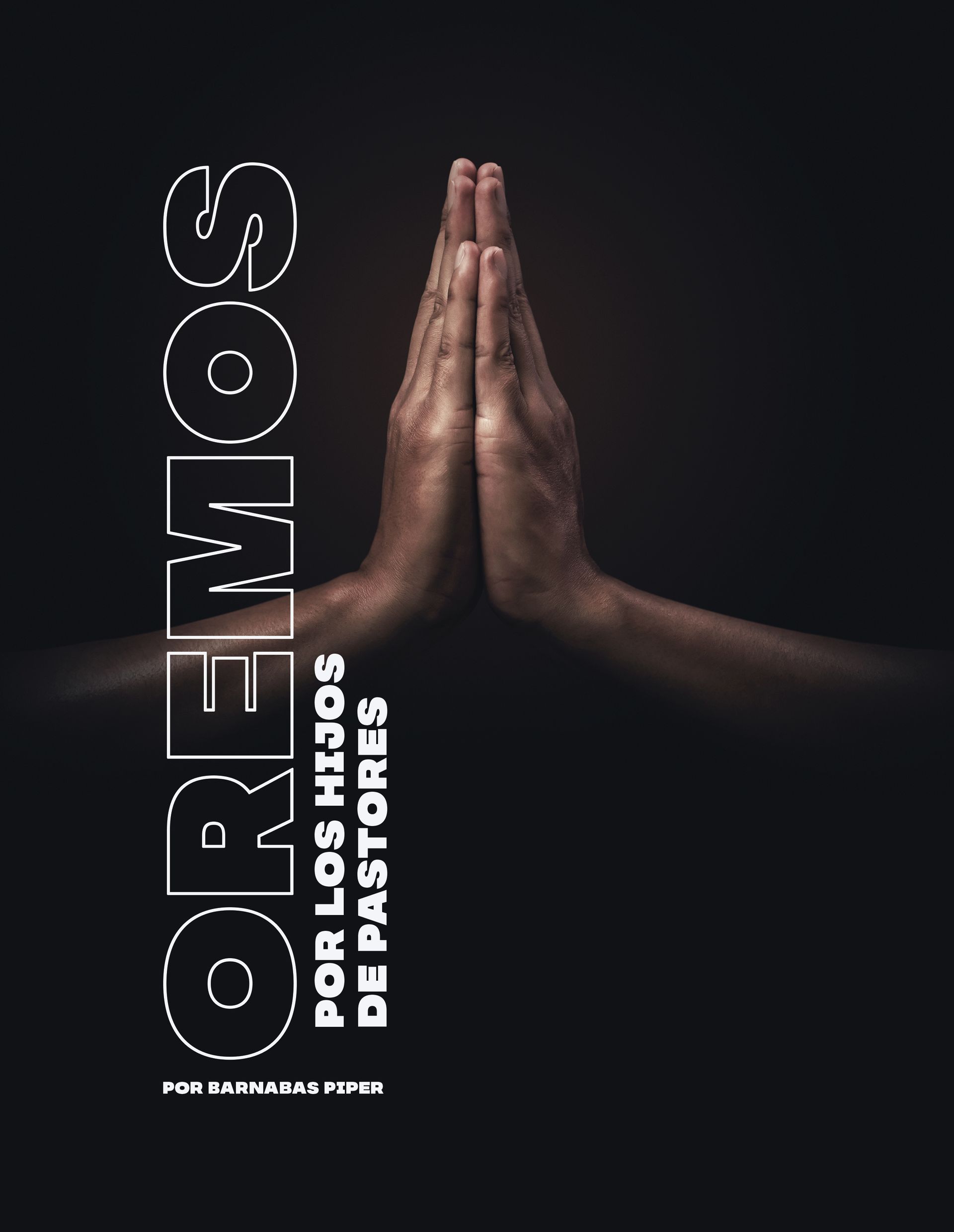A Mistake Doesn’t Define You

ARE YOUR PARENTS PASTORS?
Were you born into a Christian family? If your answer to either of these questions was “yes”, continue reading because I have a few words for you. If at any time in your life you had thoughts like: "Why did I have to live in this family?" "I would have preferred that my parents were not pastors." "Why do we have to be Christians?” Don’t feel badly; you aren’t the only one. I too thought the same way.
Many times, I wondered why my dad was not a normal member in the church, without so many commitments and people depending on him. So much so, that I wanted all these limitations of being a PK to be completely over. Don't think I say all this so that you run away from this life and rebel.
Remain calm; this is just the beginning. As is well known, adolescence is the most difficult time for human beings. You start to discover emotions that you didn’t know of and want to experience certain things.
Most of the time I was completely involved in church, but I didn't love it. I didn't feel it as part of me at that certain season. I complied with the instructions to show obedience to my parents and, although I will not deny that the fear of Jehovah was always in my heart, I lacked the passion for Him. I had not taken the step of faith. So, I went through that period of coldness, because what I wanted was to be involved in what we liked as young people: going for walks, following celebrities obsessively, copying what others did, carrying out school activities, among other things. I did not make negative decisions, like, for example, skipping class or lying to my parents. I was simply not interested in "that God”, and it was not a priority in my life.
At that period in life, I thought several times that living with a Pastor every day was overwhelming, since everything around me was the church.
Then infatuation came, as it is normal, and with it what most adolescents want to experience: the butterflies in the stomach, bright eyes, pretty words, poems, and little gifts. In this new relationship, I made a mistake that, although it was not something to take me to the gallows or crucify me, I felt that I had disappointed my parents. I fell in love with a boy when I was thirteen or fourteen years old. He was my first hidden boyfriend. In that childhood love affair, we showed each other affection in a very public place, so public that several people saw us and told my parents. I knew that what I had done was not well taken by others, not to mention that at that age I was too young to be engaged in a relationship. Certainly, we are not exempt from having feelings for someone, but it is best not to cross that line, and to talk about those feelings with our parents. That day at dinner, I didn't want to eat. I was very scared thinking about what my parents would feel when they found out about that afternoon. Besides having the fear of God in my heart, one of my biggest fears was letting them down. Well, that's how it happened and with it I discovered how bad it can be for a pastor's kid to make mistakes.
Have you done something you regret? Do you feel distressed by a mistake you made? Now that I think about it, I felt the same way and I think it was no big deal, but at that age, the hardest thing for me was facing gossip. People said I was a bad influence.
People will always exaggerate, tell the story and add things, and they will make you feel guiltier than you might already feel. It's good for you to know that nothing you've done defines you or is the end of your story.
All of this is just part of the stumbling blocks that we must go through to achieve God's purpose in us.


RECOGNIZING THE PURPOSE
At the beginning of this article, I asked you some questions and I'm sure you answered some or all in an affirmative way, but check if you have asked yourself the following:
Why does God allow what happens in your life? What is the purpose?
In fact, I didn't know what the purpose of being born in a Christian home was, I didn't. I never questioned it, but I didn't analyze it either. The book "A Life with Purpose", written by Rick Warren (2003), on day number two talks about how we are not an accident, that everything was perfectly calculated by God, such as, for example, where we were going to be born, who our parents would be, skin color, among other characteristics.
Everything was planned by Him; it is not a coincidence. Likewise, in the poem "You Are Who You Are", by Russel Kelfer (s.f.), there is a verse that says:
“Whom you have for parents, He chose,
Despite how you feel about it,
According to His Plan He chose them,
From the Master they bear His seal."
Now, I understand that everything I lived in my adolescence was with the objective to write these lines for you. The Lord knew that my experiences would help someone to find His way. Have you thought about the purpose for which you are in this family or what God seeks behind everything you've lived? Have you asked the One who knows everything?
The best way to find out your purpose in life is to ask the One who created it. Which would be the best questions for God? Why is this happening to you? What is the teaching behind it all? There is no right question, you must formulate key questions for yourself; but above all, wait on Him, on His answer.
Even if you think it's late, wait on Him. It may be that in that moment when you need an answer you do not hear the voice of God, but you can go to plan B:
The Bible. Reading it is another way of listening to the powerful voice of the Great "I am.”











